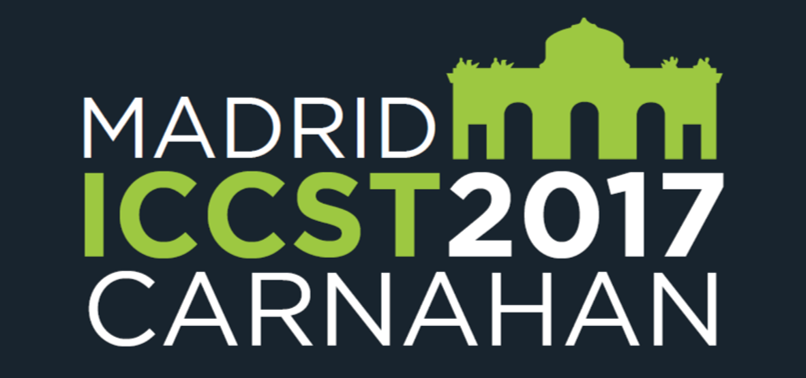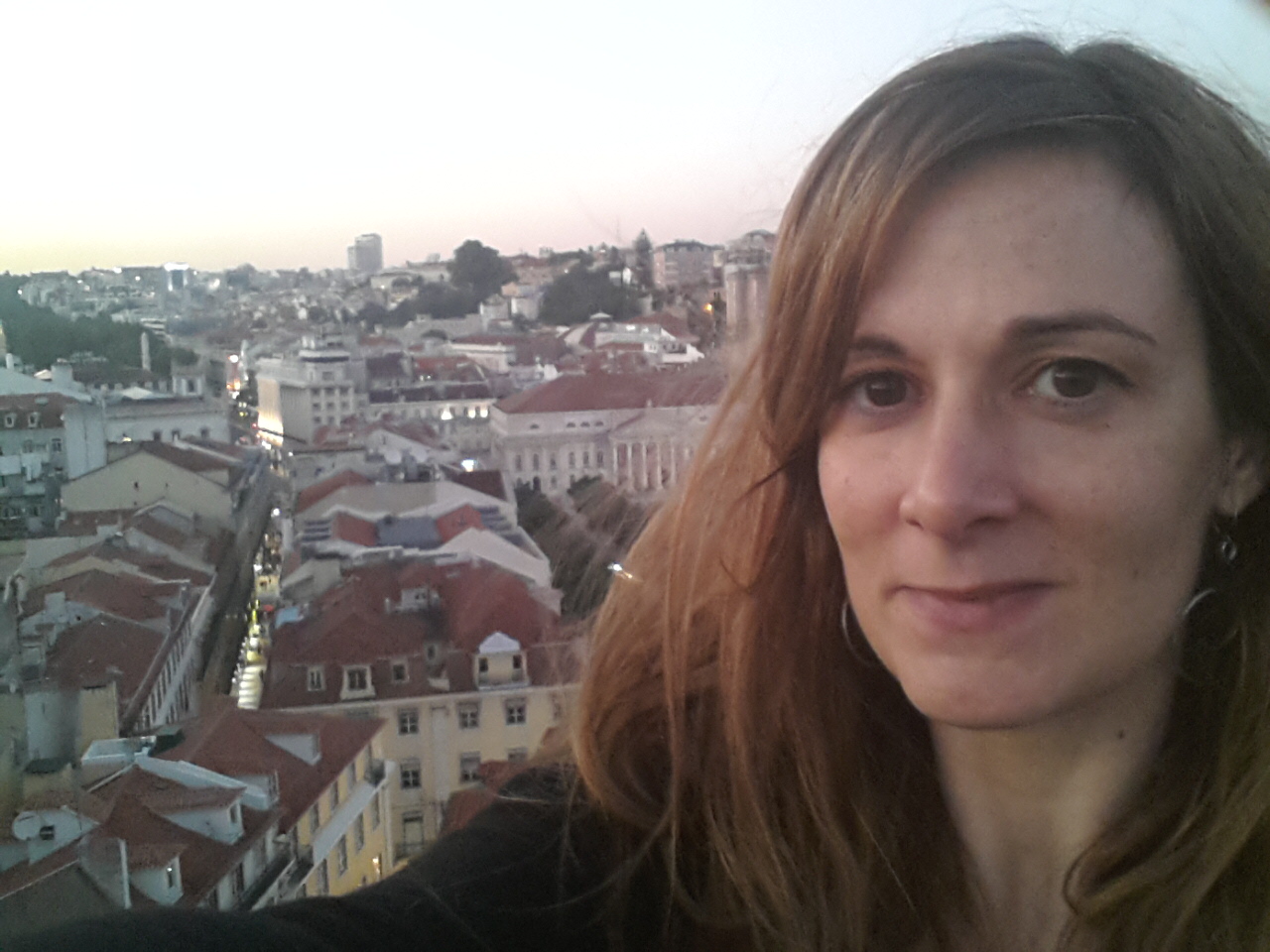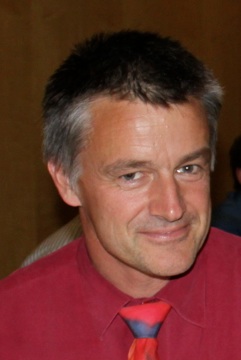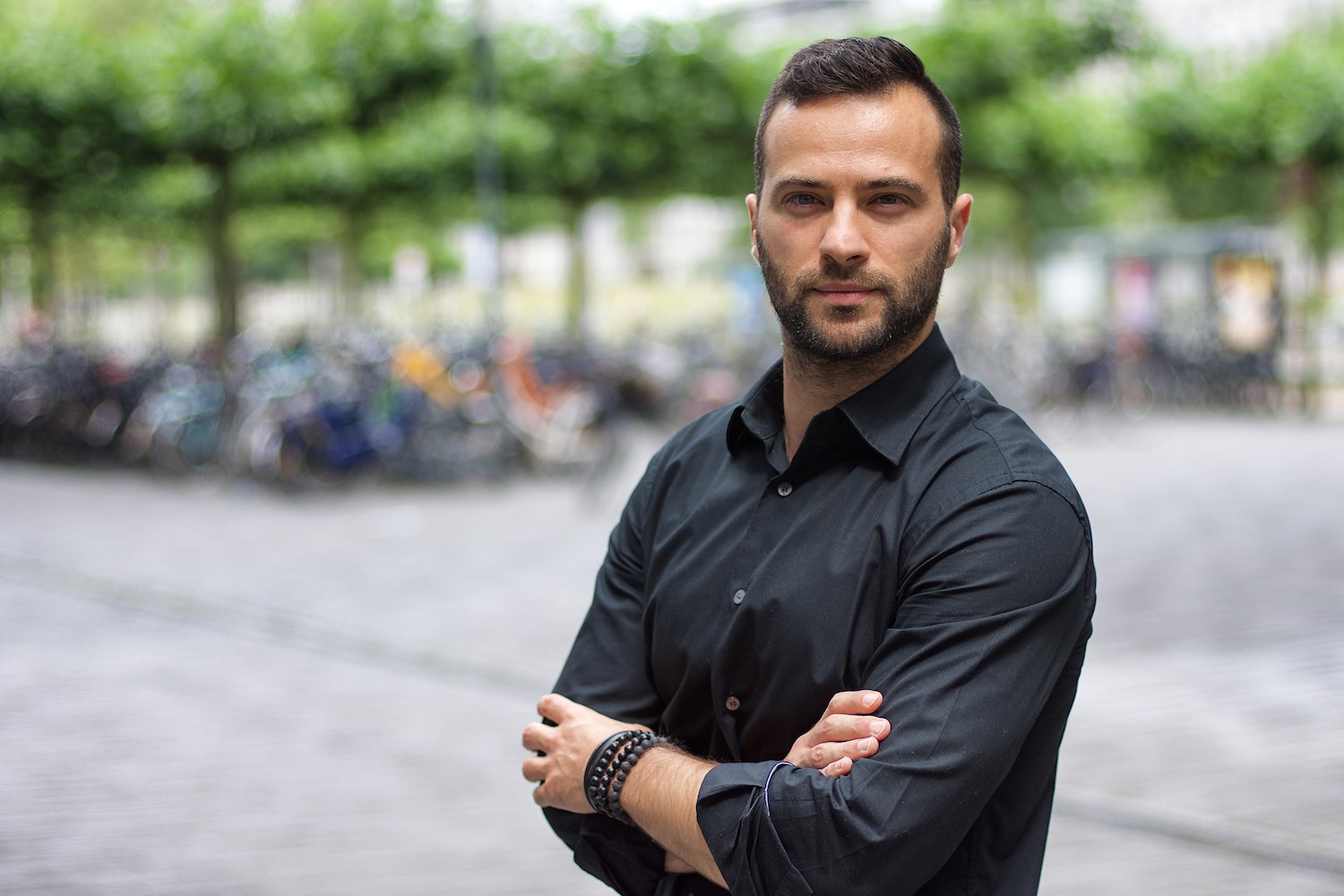

Important dates
- May 12, 2017 (
April 28, 2017)
Abstract submission, Extended - June 9, 2017 (
May 26, 2017)
Decision to Authors - July 9, 2017
Final paper submission - July 28, 2017
Author Early Registration - September 1, 2017
Early Registration - September 8, 2017
Camera ready submission
News
- Date: Tuesday, October 24
- Date: Wednesday, October 25
- Date: Thursday, October 26
Abstract:
TBC

Dr. Gemma Galdon-Clavell is a policy analyst working on the social, ethical and legal impact of data-intensive technologies. She is the Founder and Director of Eticas Research and Consulting. Her work is focused on building socio-technical data architectures that incorporate legal, social and ethical concerns in their conception, production and implementation.
She is a policy analyst by training and has worked on projects relating to surveillance and human rights and values, the societal impact of technology, smart cities, privacy, security policy, resilience and policing. Her recent academic publications tackle issues related to the proliferation of data-intensive technologies in urban settings, urban security policy and community safety, security and mega-events, the relationship between privacy, ethics and technology, and smart cities.
She completed her PhD on surveillance, security and urban policy at the Universitat AutÚnoma de Barcelona, where she also received an MSc on Policy Management, and was later appointed Director of the Security Policy Programme at the Universitat Oberta de Catalunya (UOC). She teaches topics related to her research at several foreign universities and is a member of the IDRC-funded Latin-American Surveillance Studies Network. Additionally, she is a regular analyst on TV, radio and print media.
Abstract:
Biometric recognition has been widely deployed in recent years. On the one hand for authentication with personal devices and on the other hand for access control: Automatic Border Control (ABC) along with the electronic Machine Readable Travel Documents (eMRTD) for person verification has enabled a prominent use case for face and fingerprint biometrics in border control applications. However in order to ensure security of such processes the robustness of biometric capture devices against presentation attacks must be considered. The talk will investigate current presentation attack detection techniques, which are crucial specifically for unsupervised capture devices.

Christoph Busch teaches at the Norwegian University of Science and Technology (NTNU), Norway. He holds a joint appointment at the Hochschule Darmstadt (HDA), Germany and, since 2007, he lectures biometric systems at the Technical University of Denmark.
Christoph has coordinated series of projects for the German Federal Office for Information Security (BSI), including BioIS, BioFace, BioFinger, BioKeyS Pilot-DB, KBEinweg and NFIQ2.0, and contributed to 3D-Face, FIDELITY, TURBINE, and others EU projects. He is also principal investigator at the Center for Research in Security and Privacy (CRISP) and a co-founder of European Association for Biometrics.
Christoph has co-authored over 300 technical papers and spoken at numerous international conferences. He sits on the editorial board of the IET Biometrics and IEEE Transactions on Information Forensics and Security journals, chairs the TeleTrusT Biometrics Working Group and German standardisation body on biometrics, and is also convenor of WG3 in ISO/IEC JTC1 SC37.
Abstract:
Blockchain is a disruptive technology which is re-shaping how we do business in the digital world. Sadly, it is not clear for many how it works and why it works. For that reason, some says it is a hype. Is this true? Or will blockchain with its capabilities make our world more connected, more efficient and maybe cheaper without trusted entities? In this talk, Dr. Erkin will provide an insight about trust as a building block of our modern society; how blockchain works, what it can do for the society and what it cannot. Furthermore, he is going to introduce the blockchain design developed in TU Delft with unbounded throughput. His talk will end with open research questions yet to be answered by the research community.

Dr. Z. Erkin is a tenured assistant professor in the Cyber Security Group, Delft University of Technology. He received his PhD degree on "Secure Signal Processing" in 2010 from Delft University of Technology where he has continued his research on Privacy Enhancing Technologies, particularly on Computational Privacy.
His interest is on protecting sensitive data from malicious entities and service providers using cryptographic tools. While his interest on solutions based on provably secure cryptographic protocols is the core of his research, Dr. Erkin is also investigating distributed trust for building such protocols without trusted entities.
Dr. Erkin has been involved in several European and national projects one of which is on Blockchain and Logistics Innovations where an unbounded scalable blockchain version with confidentiality is being developed. He is serving also in numerous committees including IEEE TIFS, Eurasip SAT on Information Security, is an area editor in Eurasip Journal on Information Security and Elsevier Image processing. Dr. Erkin is a member of TU Delft Blockchain Lab, also serving as a core member of Cyber Security Next Generation, a community of cyber security researchers in the Netherlands.

